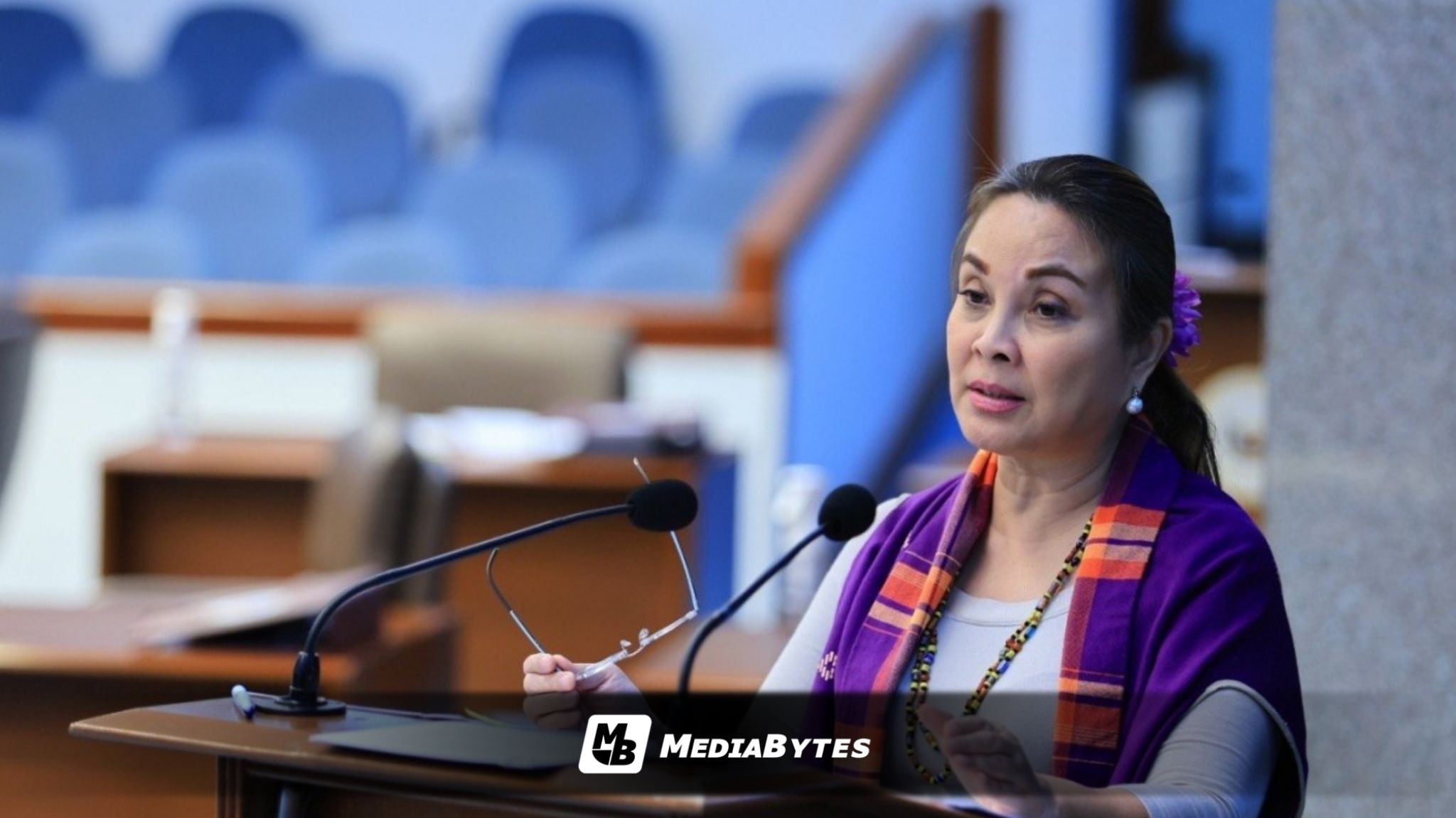Senator Loren Legarda is pushing for a stronger, more future-ready Technical Education and Skills Development Authority (TESDA) through the TESDA Modernization Act of 2025, a measure that aims to realign the agency’s mission with the evolving demands of the global workforce.
Filed as Senate Bill No. 1413, the proposal comes three decades after the creation of TESDA under Republic Act 77696 in 1994. As chairperson of the Senate Committee on Higher, Technical, and Vocational Education, Legarda said the bill seeks to make TESDA more responsive to the needs of both industry and workers in a rapidly changing economy.
“Our people must be equipped with the right skills to thrive in a rapidly changing world of work,” Legarda said. “This bill will ensure that TESDA delivers high-quality and relevant training that helps Filipinos build better futures for themselves and their families.”
Under the measure, a Board of Advisers will be created to serve as TESDA’s main policy and oversight body. The board will be composed of the Director General, key Cabinet officials, the Chairperson of the Commission on Higher Education (CHED), and representatives from the private sector.
The bill also elevates the TESDA Director General to the rank of Secretary, granting broader authority to streamline and modernize the Technical-Vocational Education and Training (TVET) system. This includes upgrading, merging, or discontinuing outdated programs, as well as devolving community-based training initiatives to local government units.
To enhance efficiency, TESDA’s organizational structure will be reorganized into specialized offices focusing on planning, standards-setting, accreditation, enterprise-based education, and local skills development.
Legarda’s bill also institutionalizes innovative systems such as recognition of prior learning, micro-credentials, and digital badges — allowing individuals with informal or non-traditional training to validate their skills and pursue continuous learning opportunities.
On the financial side, the measure strengthens TESDA’s funding mechanisms through reforms to the TESDA Development Fund, institutionalized scholarship programs, and structured financing systems such as levy-grant schemes. It also mandates independent performance reviews to ensure transparency and accountability.
“TESDA must evolve with industry standards,” Legarda stressed. “We have one of the most skilled and hardworking workforces in the world, and it is our responsibility to ensure that they remain employable, adaptable, and ready for the future.”
As co-chair of the Second Congressional Commission on Education (EDCOM II) and a recipient of TESDA’s National Kabalikat Award in 2021, Legarda underscored that her proposal builds on her long-standing advocacy for accessible and sustainable technical education.
“Modernizing TESDA is about dignity through work,” she said. “It ensures that every Filipino has the skills to build a stable and productive life.”



